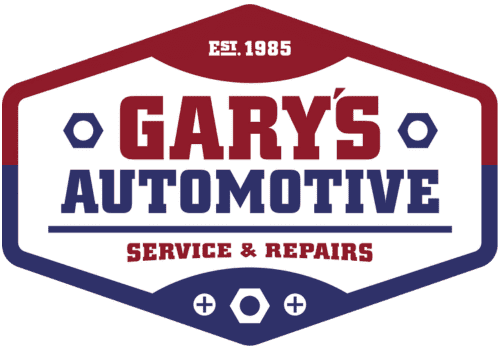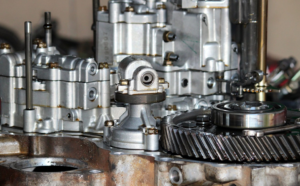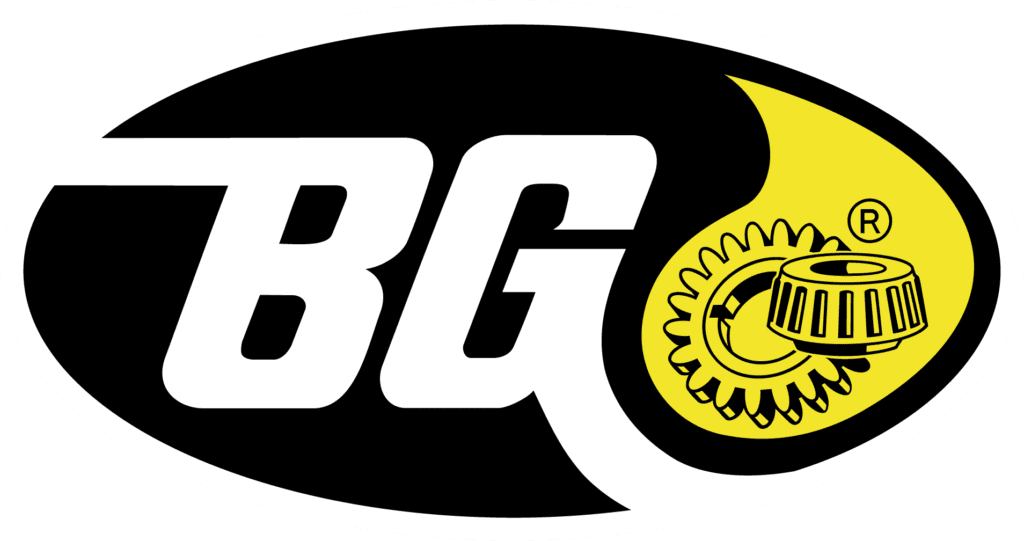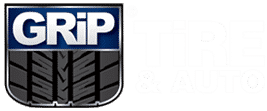“Should I get a car inspected before buying it?” nearly always has the same answer: “Yes!” In this post, we explain why getting an inspection before buying a used car is a must, as well as the most common problems we see with used vehicles — problems that just might be a dealbreaker if you know about them in advance.
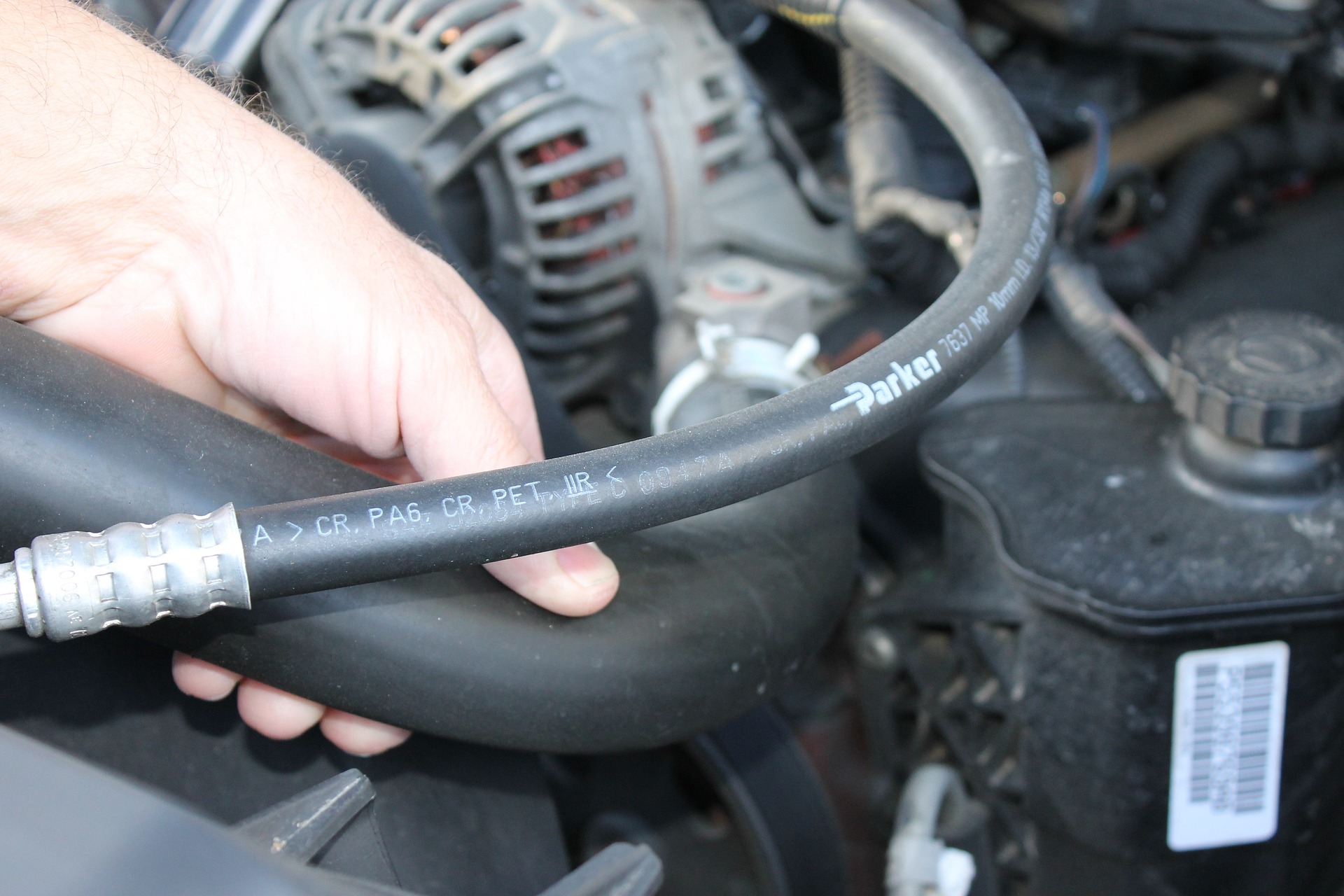
Image by Robyn Wright from Pixabay
Why Inspect a Vehicle Before Purchase?
Getting a used car or truck inspected before buying it might seem like a hassle, especially if you’ve been shopping around for a while. But it can save you thousands of dollars and months of headaches because a pre-purchase inspection (PPI) can uncover hidden problems that might show up later.
A PPI is relatively inexpensive compared to the thousands you are spending on a vehicle. Unless you’re buying a junker for a few hundred bucks, a PPI is a protection of your investment. This kind of inspection is particularly valuable if the car is not under any type of warranty or only comes with a short 30-day warranty from a dealer.
Some sellers — both dealers and private parties — can be unscrupulous about revealing problems with a vehicle for sale. In other instances, the seller is simply unaware of looming issues. This happens often when buying a vehicle from friends or family. But you as the buyer need to know about these potential concerns that could cost you money.
How Do You Arrange for a Pre-Purchase Inspection?
If you’re buying from a used car dealer, they should be understanding about your desire for a third-party inspection, not one at the dealership. Typically, you sign a non-binding purchase agreement and put down a refundable deposit in order to get the vehicle released for inspection.
When purchasing from a private party, the process can be a little more complicated. They may prefer to take the vehicle to the mechanic of your choice themselves. Or they might be willing to let you take the vehicle, provided you leave a deposit in escrow or provide other assurance that you simply won’t take off with their car.
You might have to play some phone tag between the seller and a mechanic, but it’s worth it in the end. If the vehicle comes back clean, you can relax; if there are problems, you can either walk away or ask the seller for a reduced price — a bit like getting an inspection on a home for sale.
If either a dealer or a private seller won’t let you get an inspection, take that as a warning that there may be something to hide about the vehicle. It may be that they just don’t want to deal with it, but you can’t know that for sure.
What Types of Problems Are Commonly Seen in Pre-Purchase Inspections?
A used car pre-purchase inspection can turn up a variety of problems. First, the mechanic will look at the exterior of the vehicle for any cosmetic issues, as well as potential structural problems that might show up with a damaged undercarriage or pillars. They can also check safety elements like lights, airbags, and seat belts.
Next, they’ll give everything an eyeball to see if any mechanical components look loose, worn, broken, or improperly installed. They’re also looking for dents and leaks, as well as rust and signs of water damage.
A good inspection means putting the vehicle up on a lift and checking everything under the hood. Some of the most common problems we see once we do this include:
Codes when running the vehicle’s computer system
This can be a helpful way to catch someone who has turned off the “check engine” light to deceive buyers. The light could indicate a minor problem, but it could also be a sign that there’s a concern with a major system, like the exhaust.
Problems with the starter and electrical system
Bad alternators frequently turn up during a PPI. Other components that could be faulty include the ignition, the starter, and the battery.
A bad battery might be replaceable, but it will affect starting and powering most electrical elements in the vehicle. This is also sometimes a sign of water damage due to neglect or even flooding.
Bad transmission
A transmission repair or replacement can be pricey. You don’t want to take this on just after purchasing a vehicle. Depending on the type of transmission (automatic, CVT, manual), different parts may be worn or faulty (clutch, gears, pulleys, etc.).
Faulty brakes
The brakes may need new pads and/or rotors. There could also be problems with brake fluid and brake lines that are undesirable for a new owner.
Suspension troubles
The suspension of a car or truck affects the smoothness of its ride. We sometimes see problems with the shock absorbers or struts. Wheel misalignment is another common issue when we check the tires.
Power steering system malfunctions
Steering, like brakes, is a major safety element in any vehicle. It’s possible to have problems with the steering column or the power steering system, including leaks in the power steering fluid lines or reservoir.
Exhaust system issues
The vehicle’s exhaust system removes harmful gases and byproducts of combustion from the engine. There should be no leaks, clogs, cracks, excessive noise, or problems with the catalytic converter.
Cooling components
The cooling system, including the radiator, water pump, and hoses, keeps your vehicle from overheating. This will be checked to ensure it’s functioning properly, without leaks, and that the fluid levels are where they should be.
Engine problems
The engine is the heart of the vehicle. Problems we often see here include:
- General wear and tear
- Leaks
- Worn timing belt or chain
- Bad spark plugs
- Fuel system issues
Occasionally, we see problems with the cylinder heads and related head gaskets, which can be extremely expensive to repair if the damage is extensive.
Miscellaneous components
There are a handful of other areas where we sometimes see inspection problems:
- Sensors
- Turbochargers
- Heating and AC
- Automatic windows
- Door locks
- Sound system/entertainment
- Dashboard controls
Where Do You Get the Best Car Pre-Purchase Inspection?
If you had a reliable mechanic for your previous vehicle, that would be the place to start when arranging a car pre-purchase inspection. If you’re purchasing your first vehicle, you can ask the Canadian Automobile Association (CAA) or look at reviews online for local mechanics in the Langley, BC area.
The main criterion is that anyone doing your inspection be experienced working on the make of vehicle you’re considering. For instance, if you’re looking at a BMW or Audi, you want a mechanic that routinely works on European cars. You also want a mechanic who works on all the different systems listed above in the inspection.
An inspection is not a guarantee that the used vehicle you buy will be problem-free. But it does give you better odds that the car, van, or truck you choose will be safer and perform better without costing you a ton of money soon after purchase.
We Offer A Free Second Opinion for Pre-Purchases and Repairs

